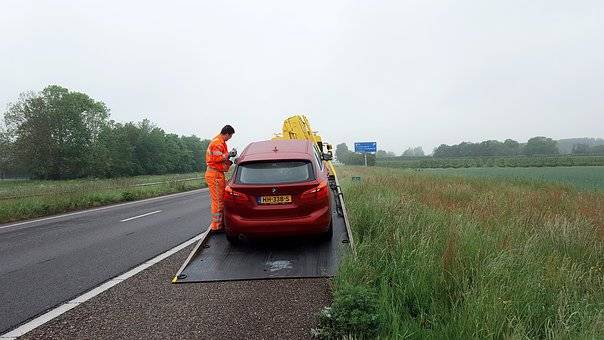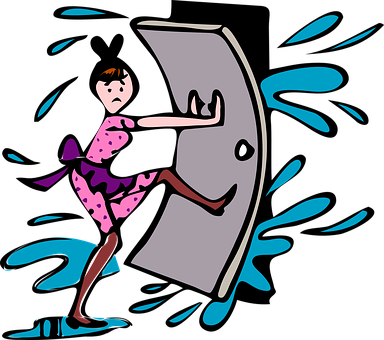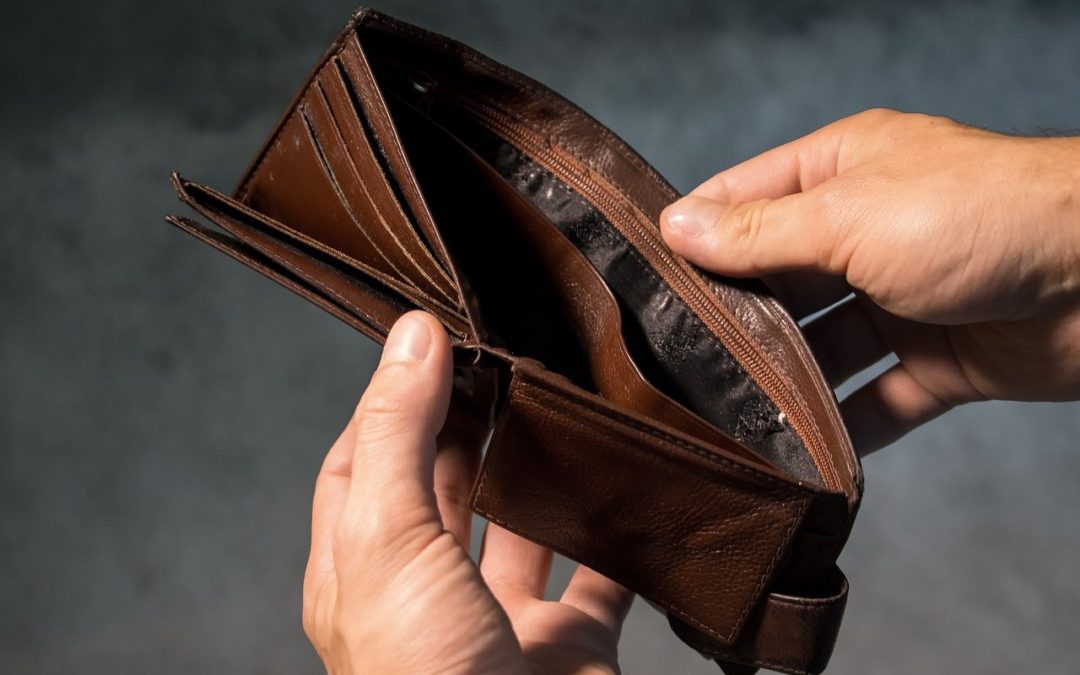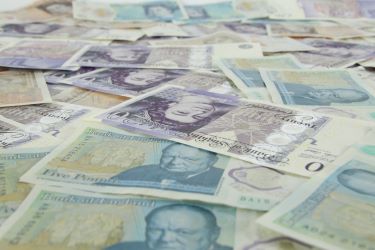
What’s The Point Of Building A One Emergency Fund?
Anybody who unexpectedly suffered a financial setback will understand the stress and anxiety that goes with debt and money problems which are suddenly part of your daily existence.
No matter how secure you feel your job is disaster can strike anyone. It is particularly frightening if you are the sole breadwinner in your family. I know the feeling of despair when your whole financial plan and budget have been derailed because of unforeseen events or happenings that seriously impacts on your financial health.
There are different types of emergency funds;
– one to cover you in case one huge unexpected bill derails you
– one to cover major issues such as being out of work for months
…and it is the first type we are talking about here. Just simply saving up enough to cover ONE problem.
£730.
That’s just £14 per week for a year, or £2 per day. Could you put aside £2 a day? In a year you will be covered if your boiler breaks down. Or the clutch goes on your car. It’s not much – a Starbucks coffee. If you’re a coffee addict like me but can’t be doing with carrying around flasks and mugs you can get mug-sized flasks that you don’t have to open – just sip your coffee through a sippee lid. Or take sandwiches to work.
It adds up!
Why Such a Small Amount?
We humans are wired to need small, quick wins to build up our confidence to achieve more. Building up a One Emergency Fund is the first in a series of Seven Baby Steps recommended by Dave Ramsey of Financial Peace University.
Questions to Ask Yourself
• Have you ever been in a situation where you needed cash because of something unexpected that has happened?
• Do you worry at night over financial problems?
• Do you stress over an unexpected payment?
• Do you experience anxiety that you might lose your job because the employer is relocating the business?
• Do you worry that trade wars, policy changes, political developments and stock market crashes, price increases and financial happenings like a recession, Brexit and other issues that might cost you your job?
• Are you the sole breadwinner and your family depend on you to survive?
If none of these apply to you then I salute you. But for the rest of us less fortunate mortals – read on!
Financial Peace
This topic is very important to me, I have enough battle scars to show after my numerous fights for survival in the arena of financial freedom. I have learnt the hard way that to have an emergency fund ready and available is one of the greatest resources in order to handle the unexpected financial challenges that can suddenly happen to you and that is why I have written this article to assist you to not be as unprepared as I was when it first happened to me.
What is an Emergency Fund?
An Emergency Fund is a dedicated savings buffer that can be used when a financial emergency happens to ensure that you can face that disaster without falling into stress and anxiety and DEFINITELY without adding to any existing debt.

Benefits of having an Emergency Fund
One of the greatest benefits of having an emergency fund is the peace of mind that it provides when you know that you have money available to help you cope with unexpected financial demands when something happens to upset your financial equilibrium.
Once you have your emergency fund in place to cover your financial obligations for one emergency you can start to build up for bigger potential problems such as losing your job.
How Big should My Emergency Fund be?
Although financial exerts recommend that people should put aside enough to cover at least between 3 to 8 months budgeted monthly expenses that is a daunting, overwhelming prospect for most of us. It is so overwhelming that most simply give up and hope for the best.
So to avoid overwhelm Dave Ramsey, who has taken millions of people out of debt through his Seven Baby Steps program recommends this one first step. Saving for One Emergency.
How to Establish an Emergency Fund
The first step would be to keep a record of your monthly expenses and a first look at the compulsory expenses that you have every month,
secondly evaluate your discretionary monthly spending to determine what you can do without in the event of a cash flow crisis.
This amount can then be multiplied with the number of months that you would like to make provision for, which would be the amount of the ideal emergency fund.
The emergency funds must be kept separate from your funds for normal expenditure.
In many instances, the amount needed might seem to be unaffordable but don’t let that deter you from starting with your emergency fund. Start saving what you can afford and try to set a goal for regular contributions to the fund.
It is also advisable to place all windfalls and irregular payments into your emergency fund to boost the fund and reach your goal quicker.
What Qualifies as an Emergency?
Financial emergencies can be defined as unexpected expenses that are necessary to ensure your financial survival and can be linked to assets, family or employment.
The money to provide for the emergency must be readily available from own sources and must not increase any indebtedness. The following can be typical examples of financial emergencies where the emergency fund can be used:
• Loss of your job or reduced working hours and overtime.
• Car breakdown or damages from a motor vehicle accident. Replacing tyres and services should be budgeted for as part of normal wear and tear.
• Urgent major repairs to your house such as a broken boiler
• Major dental problems
• Unplanned travel expenses to attend to a family emergency like a funeral or sickness.
What Does Not Qualify as an Emergency
It is also important to understand that certain things like great once off discounts offered on holidays, furniture, television sets before the World Cup final to name a few don’t qualify as emergencies, it should be budgeted for out of regular income. It is important to view the usage of the fund as restricted to unexpected financial events that require urgent action to rectify.
Conclusion
In conclusion, we note the importance of establishing an emergency fund to be able to deal with expenditures that relate to unexpected situations which dictate/require that funds should be readily available.
The establishing of a dedicated emergency fund contributes to decrease our indebtedness and ensure that we reduce our stress and anxiety about possible debt problems.
The following links to websites can be used to read more about the need for the establishment of an emergency fund and how to go about doing it:
https://www.thebalance.com/reasons-you-need-an-emergency-fund-2385536
https://www.thesimpledollar.com/20-reasons-why-you-need-an-emergency-fund/
https://www.nerdwallet.com/blog/banking/banking-basics/life-build-emergency-fund/
https://www.moneyunder30.com/emergency-fund
https://themoneywhisperer.co.uk/build-an-emergency-fund-why-you-need-one-and-how-to-make-it-happen/












